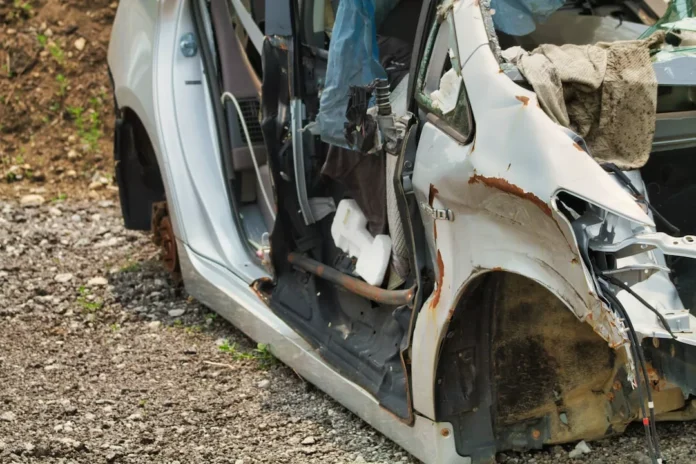Forming journalists is not just about teaching them how to write and report news, it is also about instilling in them the values of integrity, truth and responsibility. In a world where sensationalism and fake news seem to dominate the media landscape, it is more important than ever to train journalists who are equipped with the skills and mindset to uncover the truth and hold those in power accountable. This is where workshops like the investigative journalism workshop “‘Ndrangheta stereotypes and reality” come into play.
Organized by renowned journalist Claudio La Camera, this workshop focuses on the complex and pervasive issue of the ‘Ndrangheta, the notorious Calabrian mafia. The aim of the workshop is to go beyond the stereotypes and sensationalism often associated with this criminal organization, and instead shed light on the real experiences of those who have been directly affected by it.
The workshop, which is open to aspiring journalists and students, is a unique opportunity for participants to learn from La Camera‘s vast experience in investigative journalism. With over 30 years of experience, La Camera has covered some of the most high-profile cases and has been recognized for his fearless reporting. But it is not just his impressive resume that makes him the perfect mentor for this workshop, it is his passion and dedication to uncovering the truth.
One of the key aspects of the workshop is the emphasis on the importance of investigative journalism in combatting organized crime. The ‘Ndrangheta, with its intricate network and vast wealth, has often managed to evade justice and maintain a stronghold in Calabria. But through the work of investigative journalists like La Camera, the truth can be brought to light and the fight against this criminal organization can be strengthened.
During the workshop, participants are given the opportunity to delve deep into the ‘Ndrangheta’s operations and understand the impact it has on individuals and society as a whole. They are also taught the necessary skills and techniques to conduct thorough investigations and present their findings in an accurate and compelling manner.
But it is not just about learning theoretical concepts, the workshop also includes practical exercises and simulations, allowing participants to put their new skills into practice. This hands-on approach not only enhances the learning experience but also prepares participants for the real challenges they may face as journalists in the field.
One of the highlights of the workshop is the opportunity to meet and interact with individuals who have been directly affected by the ‘Ndrangheta. This humanizes the issue and provides a deeper understanding of the impact of organized crime on people’s lives. This personal connection also serves as a powerful motivation for participants to pursue truth and justice through their work.
One such individual is a woman who was the victim of a ‘Ndrangheta kidnapping and is now a key witness in the sequestro processo, a major trial against the mafia. Her testimony has been crucial in bringing to light the inner workings of the ‘Ndrangheta and has led to the arrest of several high-ranking members. Her bravery and determination to speak out against the mafia is a testament to the power of investigative journalism in bringing about change.
The success of this workshop can be seen in the positive impact it has had on participants. Many have gone on to become successful investigative journalists, uncovering corruption and bringing to light important issues in their communities. But more importantly, they have become advocates for the truth, using their skills to fight against organized crime and give a voice to the voiceless.
In a world where the media is often criticized for sensationalism and bias, workshops like “‘Ndrangheta stereotypes and reality” serve as a beacon of hope for the future of journalism. They remind us of the important role journalists play in society and the impact their work can have in shaping a better world. So let us continue to support and encourage the formation of journalists who are not afraid to seek the truth and make a positive impact through their work.

